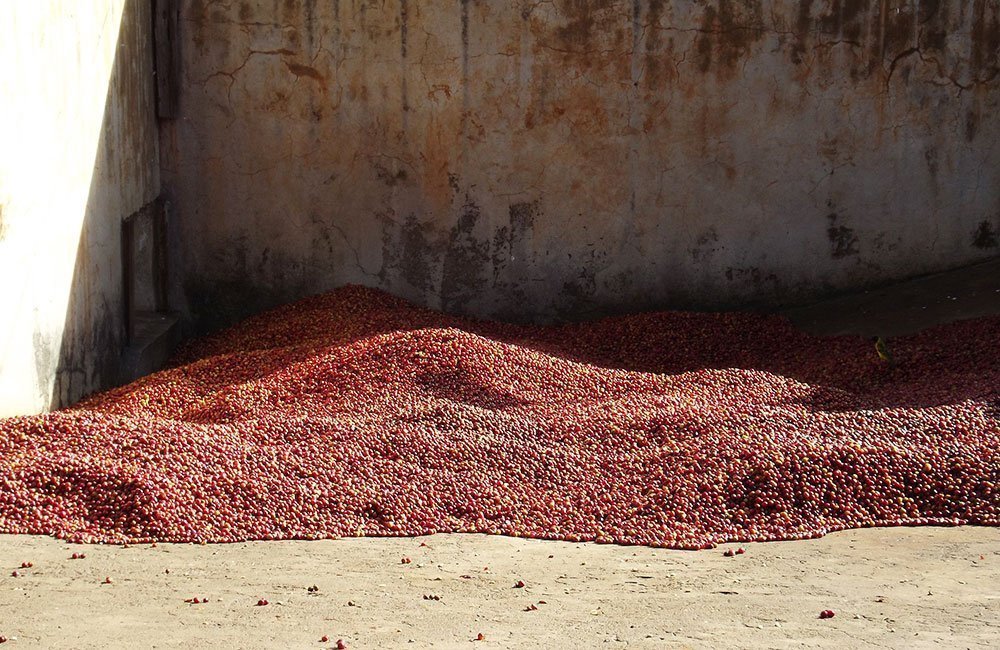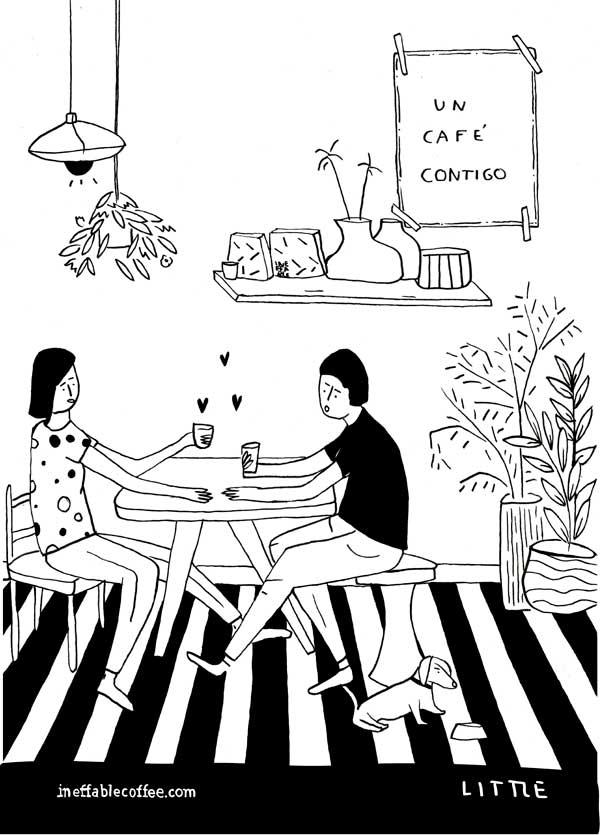Roi AB a Kenyan coffee grown in volcanic soil
The Roi Estate is a small estate located in Kiambu county just north of Nairobi on the foothills of the Aberdare ridge.
It grows coffee at altitudes of 1,700 metres above sea level in red volcanic soil which is rich in organic matter – perfect for the production of high quality coffee.
The area receives around 1098mm of rainfall annually and there are two distinct wet seasons.
The coffee is handpicked and delivered to wet mill where it is pulped. This initially separates the dense beans from the immature ‘mbuni’s (floaters) using water floatation which means the denser beans will sink and be sent through channels to the fermentation tank.
This first stage of fermentation will last for around 24 hours, after which the beans are washed and sent to the secondary fermentation tank for another 12-24 hours.
Once the fermentation process is completed, the beans enter the washing channels where floaters are separated further and the dense beans are cleaned of mucilage.
The washed beans will then enter soaking tanks where they can sit under clean water for as long as another 24 hours.
This soaking process allows amino acids and proteins in the cellular structure of each bean to develop which results in higher levels of acidity and complex fruit flavours in the cup – it is thought that this process of soaking contributes to the flavour profiles that Kenyan coffees are so famed for.
This first stage of drying can last around 6 hours before the beans are gathered and laid in thicker layers for the remaining 5-10 days of the drying period.
The dry parchment coffee is then delivered to a private mill and put into ‘bodegas’ to rest – these are raised cells made of chicken wire which allows the coffee to breathe fully.
It is this system we have chosen for our Falcon Speciality offering since we believe it brings about better returns for the smallholder.


